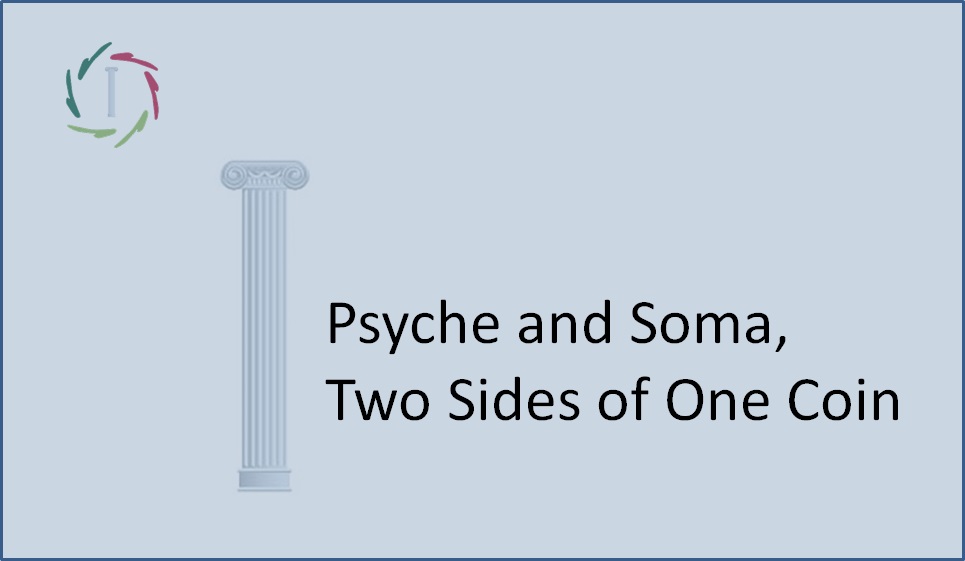Weakness

Weakness is to be avoided. This doesn’t mean that everybody should become harder.
Continua
Many human features are lying on continua with extremes at both sides. If utter hardness lies at one extreme of such a continuum, weakness lies at the opposite.
Still, being less weak doesn’t mean being harder. There is more complexity in humanity.
People should find their Inner Strength.
You might already know that this is what AUREL-I-S is eventually about. It can be seen as support – in many ways – to let people find their inner strength as much as possible. To ‘heal yourself,’ for instance.
People should get adequate support. Like in: It’s no good to throw someone into a swimming pool without making sure there is water in the pool. There is no point in making people get hurt just so that they would grow callous.
There is no point in making people insensitive. One doesn’t need to become insensitive to become less weak. On the contrary, being insensitive is itself a weakness.
Weak is not gentle
I frequently refer to [see: ‘Weak, Hard, Strong, Gentle’]. To be gentle is to be present, to communicate, to help someone even if that involves a risk to oneself.
To be weak is to be absent. One may be there all right, but not in substance. Anything challenging is avoided. No backbone, no inner strength, no standing up in spite of the possibility to get hurt.
To be weak is like watching from the sideline, flowing with the stream to where this happens to flow today.
Weak is also rather hard
Someone may get hurt, and yet a weak person doesn’t interfere. Only when the hurt comes too near, when one gets hurt oneself, weakness cries for ‘justice.’
For instance, as an element of a larger group that provides ‘identity.’ This can hide weakness behind, for example, a strongman. Thus, weakness may become a source of hardness. Weakness makes one prone to abusiveness in both directions: towards oneself (strongmen don’t lend their services for free) and towards others.
Weakness is not the opposite of hardness. Weak can be hard. The opposite lies in another direction altogether. Related to this: cowardness is not the opposite of aggression. It can lead to much aggression. Not the middle-ground, but the opposite of both is the following.
Assertiveness
Raising one’s voice if and only if needed. Doing the right thing just because it is right. There is no aggression needed to be assertive.
It’s also about perseverance: proceeding in the chosen direction until the goal is reached, not only until a limited amount of energy has been depleted.
Defending someone in that person’s weakness may make him dependent. That is not the best way.. It builds a defensive wall that may readily turn into a prison wall.
The best way to support a weak person
is to show him your strength in a way that it also becomes his strength.
Then to let him be strong by himself
enjoying the process together.


